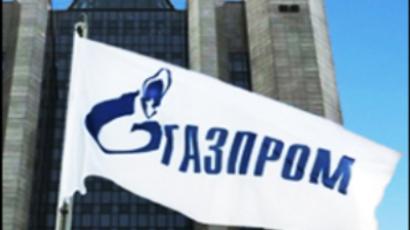Rouble weakens again
Russia's Central Bank again widened the rouble's trading band against the bi-currency basket on Thursday. This time it was by 50 kopecks instead of 30 – which has increased the pace of devaluation.
The Rouble has fallen to its weakest point since Russia redenominated the national currency at the beginning of 1998.
Aleksey Moiseev, Head of Fixed Income Research, at Renaissance Capital says the Central Bank is keeping up a gradual devaluation policy, aware of the social consequences of a possible free float of the currency.
“They are doing step-by-step devaluation in order to make the appeal less obvious to the population. On the other hand, it makes playing against the Rouble very attractive.”
Investors are now playing against the Rouble – foreseeing further steps in devaluation. Whether the Rouble is devalued gradually or in one swoop, the question for most Russians is where the currency goes from here.
With an eye on falling oil prices, market watchers predict further falls in the Rouble, which could have favourable repercussions for Russian exporters, according to Aleksandr Fetisov, Managing Director, East Kommerce.
“This will continue, I think, to the border of 35 or 36 Roubles to the dollar. Actually, this is something like a a cure for the Russian economy. What we should see is a reduction of imports and growth of demand for Russian producers' products.”
But there are negative implications for the government, which could include a 2009 budget deficit upwards of 5 to 10% of GDP.














